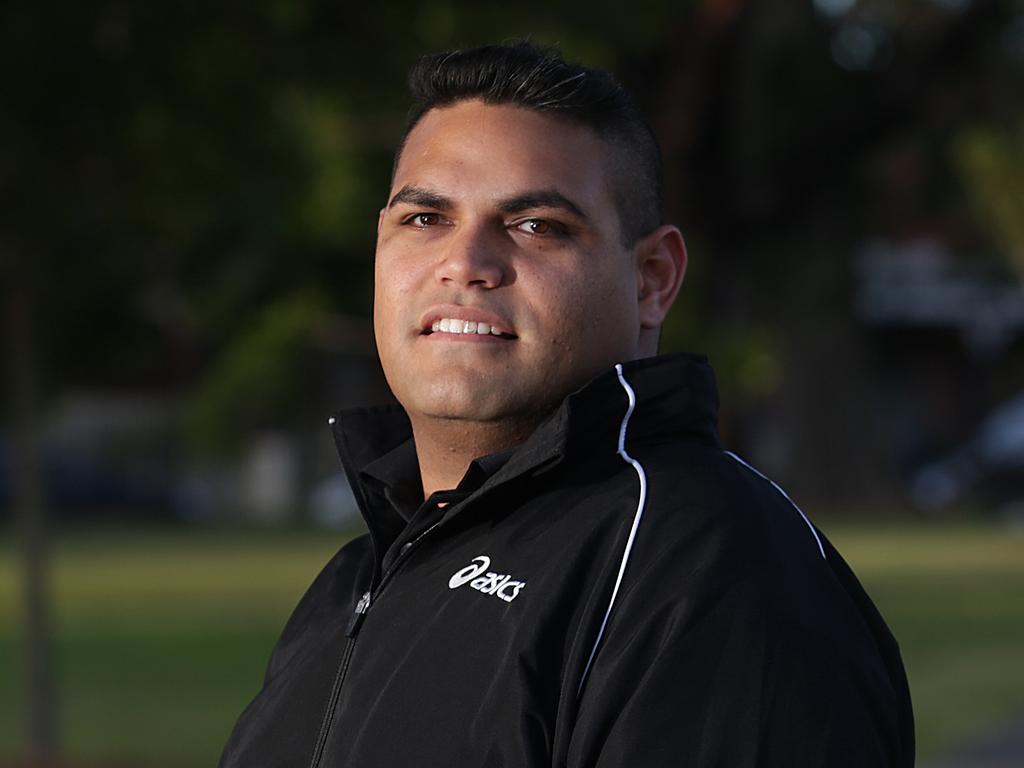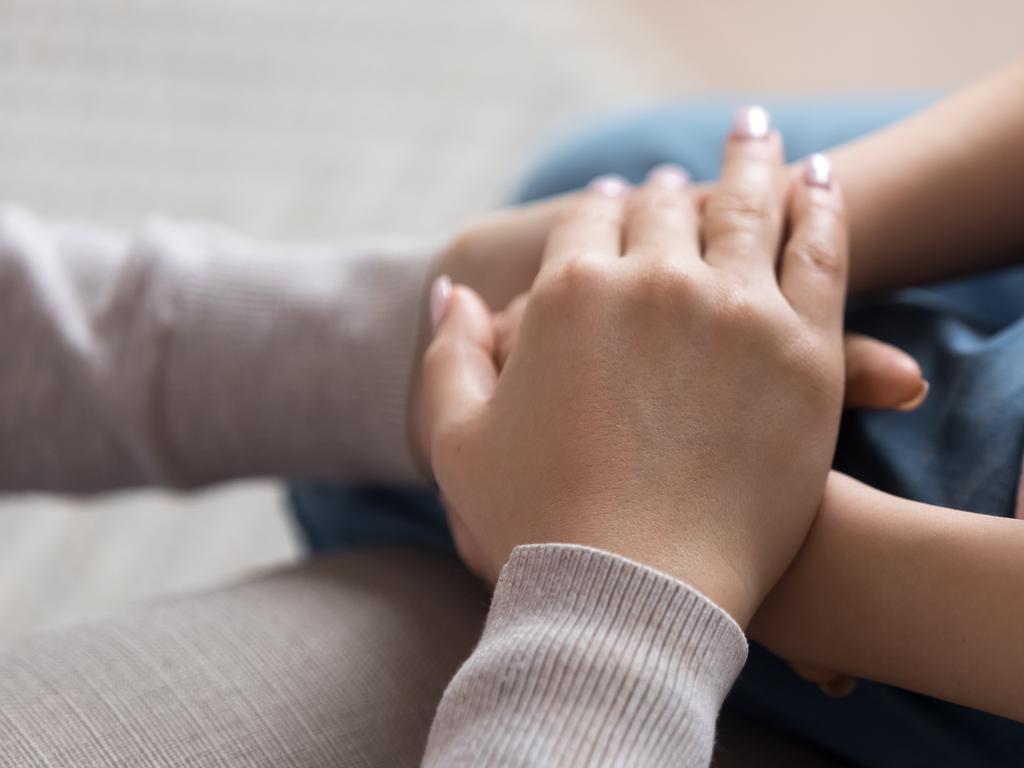Indigenous social worker flips on adoption
An Indigenous social worker has made a sensational backflip to support the adoption of an Indigenous teenager by his white foster parents.

An Indigenous social worker, who initially staunchly opposed the adoption of Aboriginal children, has made a sensational backflip to support the adoption of an Indigenous teenager by his white foster parents.
The social worker said while he once thought it was an “automatic no” because of the impact of the Stolen Generations, it was in the teenager’s “best interests” to be adopted.
Mervyn Taylor, managing director of Ngadhi Family Services, wrote a letter to the Department of Communities and Justice supporting the adoption of Indigenous teenager Richard.
“You know, when I first read your email I thought adoption would be an automatic no because of my people’s history of the stolen generation,” Mr Taylor said.
“But I reflected on the information by unpacking it and also spoke to another highly respected Aboriginal elder … about this consult. After much reflection I could not only hear Richard’s voice but also became aware of the commitment and connection between Richard and his carers.”
Richard, 18, whose name has been anonymised by order of the courts, has requested the NSW Supreme Court allow him to be adopted by his foster parents, who have cared for him since he was two.
Asked by The Australian why he initially opposed Richard’s adoption, Mr Taylor said: “I opposed because culturally it’s just not acceptable.”
“When I hear adoption, straight away there’s a fear that’s there. I’ve grown up in an Aboriginal community so I understand the significance of adoption from community’s eyes,” he said.
“But with this boy, there was information that he was well-adjusted, he was thriving and identified as a proud Aboriginal. I’m going to support it.”
Mr Taylor’s comments put him at odds with Indigenous child protection groups such as SNAICC National Voice for our Children and AbSec, which do not support the adoption of Aboriginal children in any circumstances, due to generational trauma instigated by the Stolen Generations.
SNAICC CEO Catherine Liddle said “removing our children from family, culture and community perpetrates trauma”. “There is a wealth of evidence that shows the importance of maintaining these connections for Aboriginal and Torres Strait Islander children to thrive,” Ms Liddle said.

AbSec CEO John Leha said Indigenous children should never be adopted, but instead be allowed to “connect with their culture on their country” by being placed with family members or kin.
“It’s about ensuring that those young people are strong with a cultural identity,” he said.
“The system should allow for Aboriginal children to connect with their culture on their country as a means to discover their heritage and to know about their whole family their whole lives and their connection to it.”

As part of his bid to be adopted, Richard has written to presiding judge James Stevenson saying he felt Indigenous heritage was standing in the way of his adoption.
Laws governing adoption in Australia require, as a first preference, an Aboriginal child to be adopted by someone in the Aboriginal community to which their birth parent belongs.
If not practicable, the child can be placed with an adoptive parent from another Aboriginal community.
Only if that is not feasible may the child be adopted by non-Aboriginal parents.
Richard’s mother, Jane, opposes the adoption, telling the court “adoption is alien” to Indigenous Australians’ way of life.
Retired child psychiatrist David Mushin, who used to work with the Victorian Aboriginal Childcare Agency and within the Department of Community Services, said he repeatedly saw “issues of identity” arise when Aboriginal children were adopted by non-Aboriginal families.







To join the conversation, please log in. Don't have an account? Register
Join the conversation, you are commenting as Logout